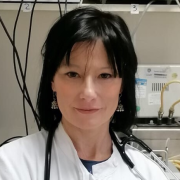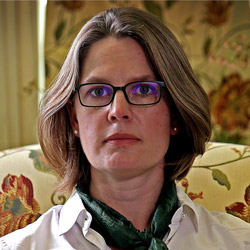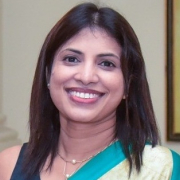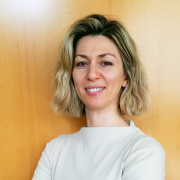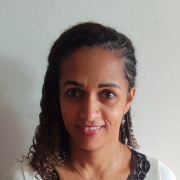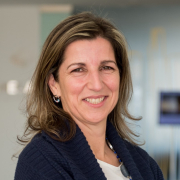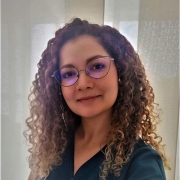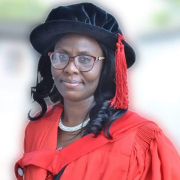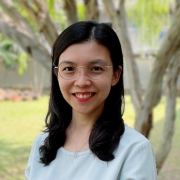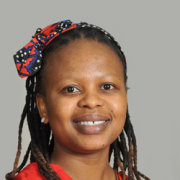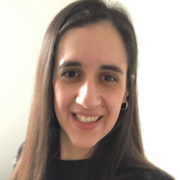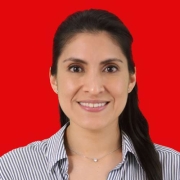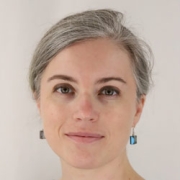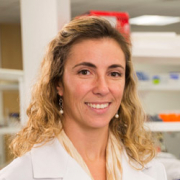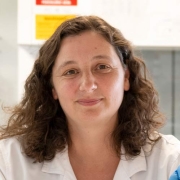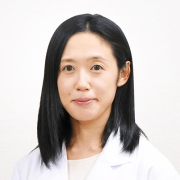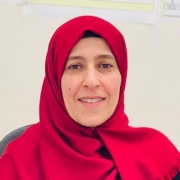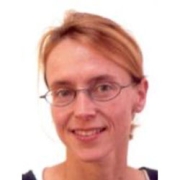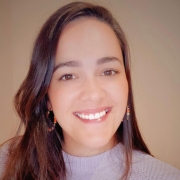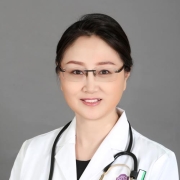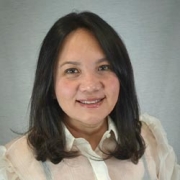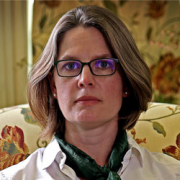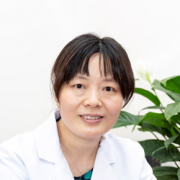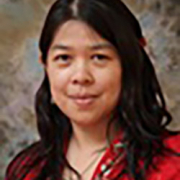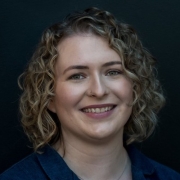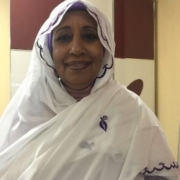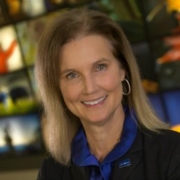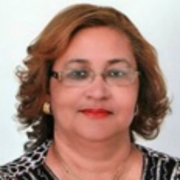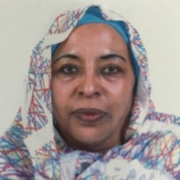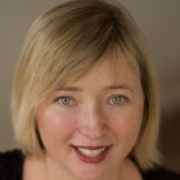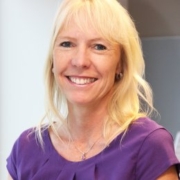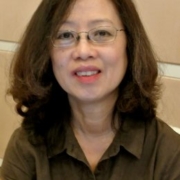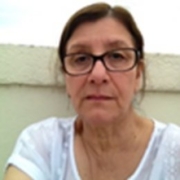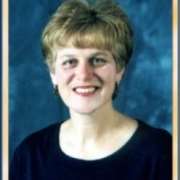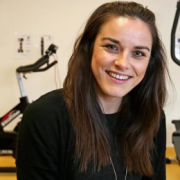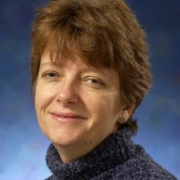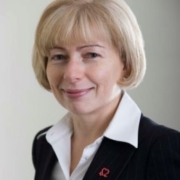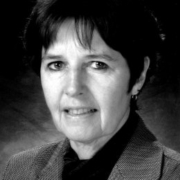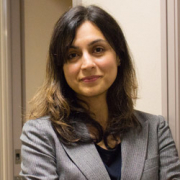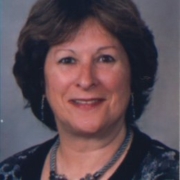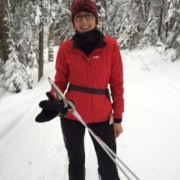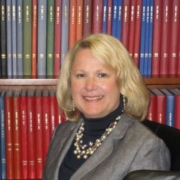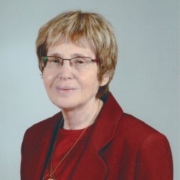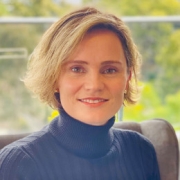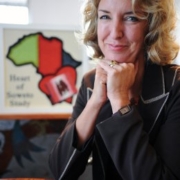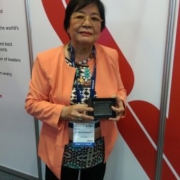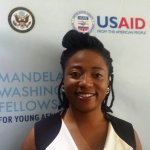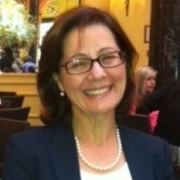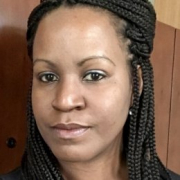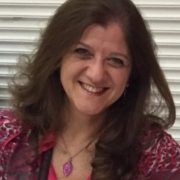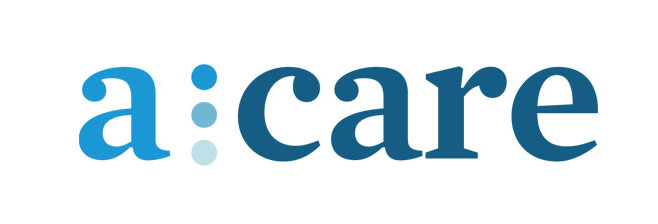What is your role at your work?
I am a clinician in nephrology and hypertension and acute care medicine. I direct the Hypertension subspecialty service. As a joint employee with UCT, I am involved in teaching and research and consider my role to be a supportive and encouraging mentor in all three areas.
How did you get interested in your career path?
As a 5th year student I forgot an assignment on hypertension. As a result, I landed up reading around hypertension, which sparked my interest. Following this I was fortunate to be introduced to some inspiring mentors who have developed my enthusiasm in hypertension.
What are you most proud of in your career or otherwise?
The two areas of research of which I am most proud include my PhD, which has changed the way we manage patients in our service, and the CREOLE trial, which has been a game changer for guidelines in Africa. But the spark of clarity in a student’s eyes fills me with the joy.
What important career challenges have you faced and how did you overcome them?
Two major challenges:
- Balancing a heavy clinical load with research, requiring long hours and, most importantly, teamwork.
- Managing family and a career – This is a guilt that many mothers experience and requires supportive work and family environments, and being super organised
What advice would you give your younger self?
Advice to my younger self:
- Maintain your hobbies, life isn’t going to get easier and there won’t be more time next year
- Don’t put life on hold for your career
- Be kind to yourself as well as others
- Have fun
Highlight your most significant research contributions and publications (3-5) – if relevant to you.
My research has contributed to better understanding of the genetics of hypertension in Africa. The genetic basis for hypertension contributes to the explanation for the results of the CREOLE trial, which is one of my major contributions to improving hypertension care in Africa.
Have you had any significant career mentors? If yes, please provide further details.
Brian Rayner is my mentor and an advocate for women. Bongani Mayosi contributed to me pursuing hypertension. Nicola Wearne inspires and provides kindness to mothers balancing work and families. Alta Schutte and Neil Poulter have provided me with inspiration over the years.
How can we support the next generation of women scientists?
In order to address the challenges experienced by women there needs to be a change in societal mentality to include
- Flexible careers: working hours, split jobs and part time work are some solutions
- More female mentors
- Encouraging work from home – COVID has made this possible, now we need to build on this to ensure women can balance family and work
- Providing a safe workspace for all that is built on kindness, support and encouragement. It is possible to be inclusive of children in the workspace and we need to acknowledge that maternity leave is not just a leave of absence but an important contribution to society.
- We need a societal shift appreciating the role that fathers play at home. Society expects that the home to belongs to mothers, but fathers can be equal. Neither mother nor father should experience negativity when a father plays an equal or larger role at home.
